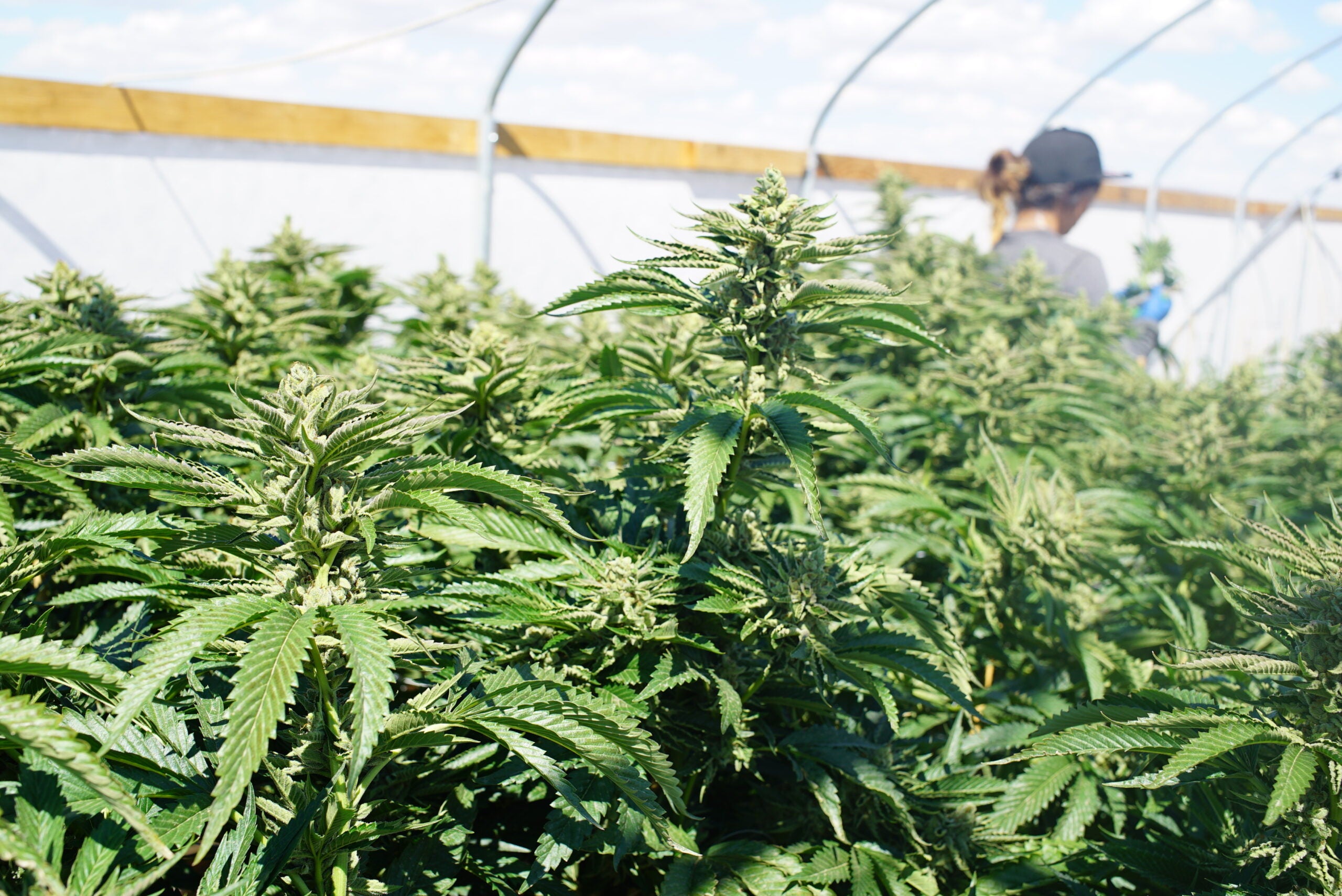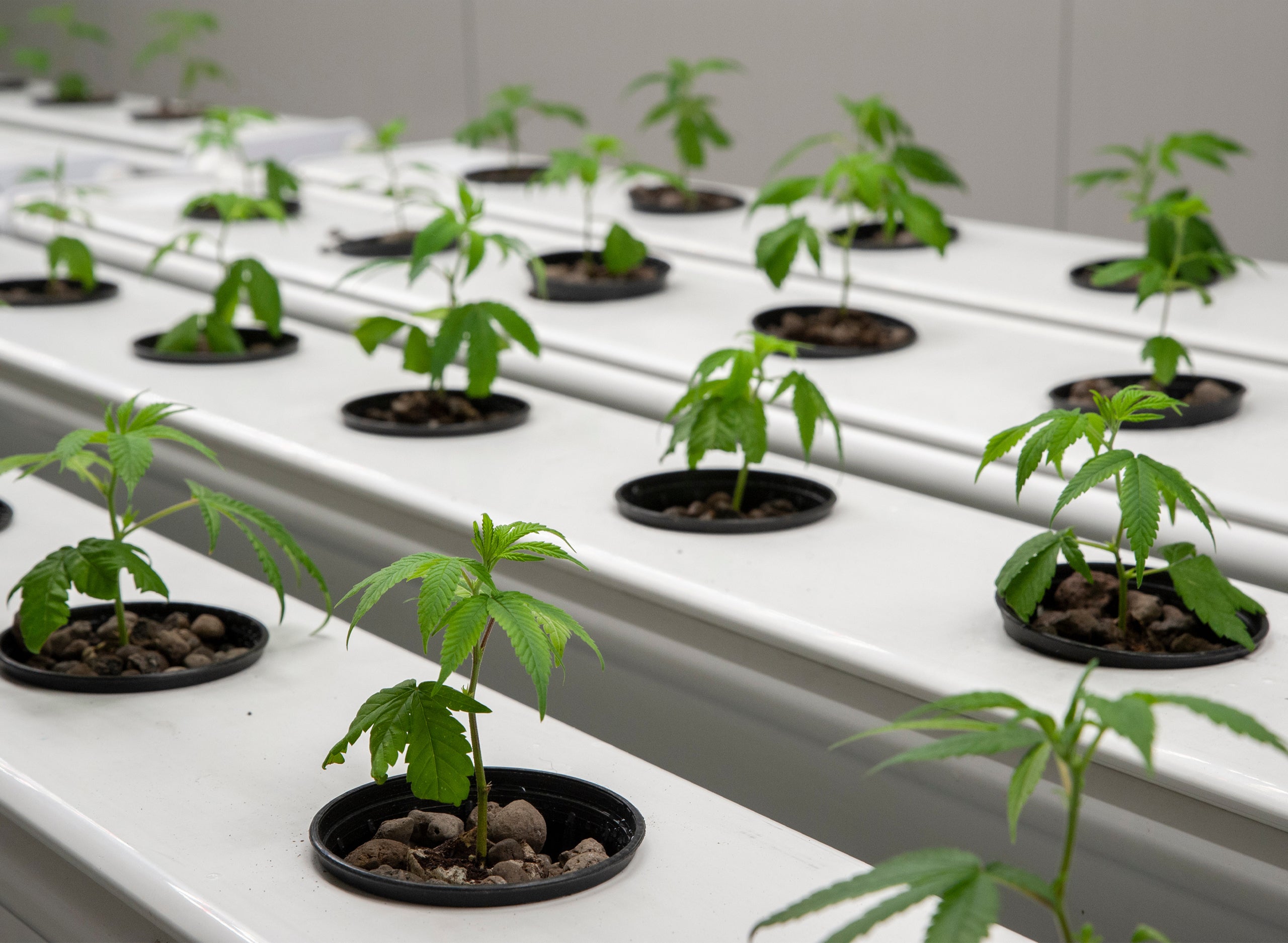Hemp usage and products have come a long way since the 2018 Farm Bill when hemp was federally legalized. From beauty products, hemp-infused drinks, and clothes to a new innovative hemp-derived rebar that is said to be as strong as steel! A research group attending Rensselaer Polytechnic Institute (RPI) in New York recently developed hemp-based rebar for cement construction products. This newly invented material is said to carry a smaller carbon footprint, last three times as long, and be just as strong as its current contender, steel-based rebar.
A recent article published by the Ganjaprenuer states, “Instead of using steel to reinforce concrete, they’ve developed a composite reinforcing material made of surprisingly strong hemp fiber. Their hemp-based rebar uses the hearty fibers of the hemp stalk in combination with a resin or bioplastic to form bars that can safely replace steel rebar in concrete construction.” This hemp-derived rebar is awaiting peer review but is said to match steel in terms of strength while exceeding its capabilities in efficiency, corrosion resistance, longevity, and environmental impact.
We have seen the tremendous growth within the hemp industry over the past few years and the positive impact it has had across the country. The 2021 Hemp Acreage and Production Survey recently quantified the outdoor production of floral hemp spanning over 16,000 acres and producing a bulk revenue of nearly $623 million. These vast numbers in value and production can ensure the use of further funding for research consequential for the future of hemp products and their positive environmental alternatives.
The associate director of RPI’s Center for Architecture Science and Ecology, Alexandros Tsamis, speaks on behalf of their first and latest hemp project developments. Providing information on the positive aspects following the invention of hemp-derived rebar. Science-backed research proves the detrimental corrosion of steel-based rebar in environments producing a high concentration of salt in the air.
For example, construction surrounding coastal areas and the importance of their much-needed durability to sustain high winds, temperatures, and salt concentration. With the invention of hemp-based rebar, it is expected that it will reduce and eliminate the corrosion within the concrete infrastructures and consequently extend the life expectancy of the structure itself.
What Does This Mean For The Future Of Hemp?
With hemp-derived rebars’ potential for a significant reduction in greenhouse gas emissions, anti-corrosion capabilities, and smaller carbon footprint, this invention could lead the way to a newly innovative material and future of building. Considering hemp’s multitude of new products on the rise, we expect to see much more growth within the hemp industry. With its positive CBD component being a game-changer in health and beauty products and the increase in popularity of hemp wraps providing an alternative smoking method to the tobacco leaf that health-conscious consumers love, it is no secret that hemp is an industry-leading powerhouse of a plant.
New partnerships are on the rise linking funding and science-backed researchers in expanding environmentally-friendly hemp-based products. For example, the U.S. Department of Agriculture (USDA) has recently partnered with Cornell to promote hemp education on topics spanning from processing, indoor cultivation, the economics of hemp production, genetics, and food science, to name a few. In addition, “The U.S. Department of Energy announced that it is sponsoring a project to develop hemp fiber insulation which would be better for the environment and public health than conventional preparations.”
Furthermore, Vice President for research at RPI Robert Hull assures us that this is just the beginning of environmentally-conscious projects concerning hemp-based products. Hull states, “A major focus of this new Institute will be to create new processes and products that drive decarbonization of the construction industry, in this case by helping to incorporate industrial hemp into New York’s built infrastructure.” The future of hemp holds no boundaries.














Leave a comment
All comments are moderated before being published.
This site is protected by reCAPTCHA and the Google Privacy Policy and Terms of Service apply.